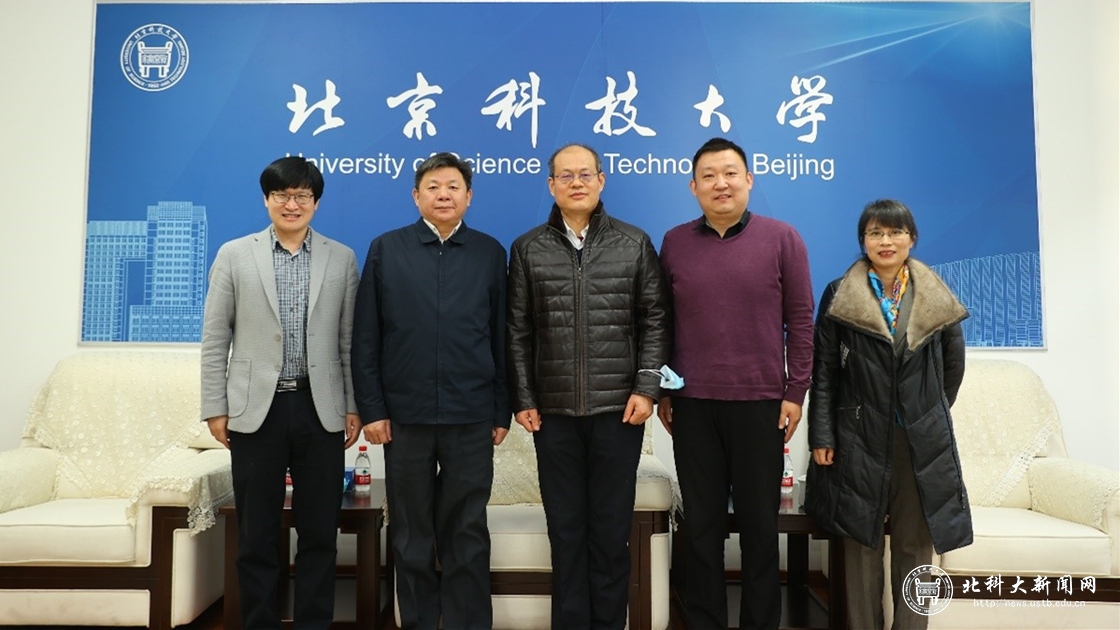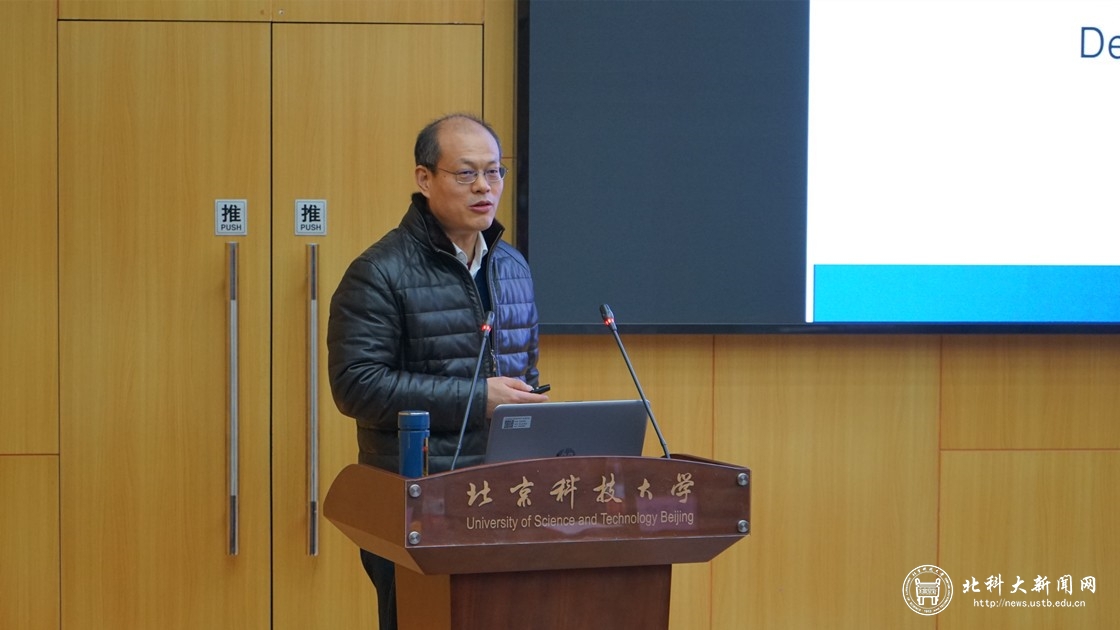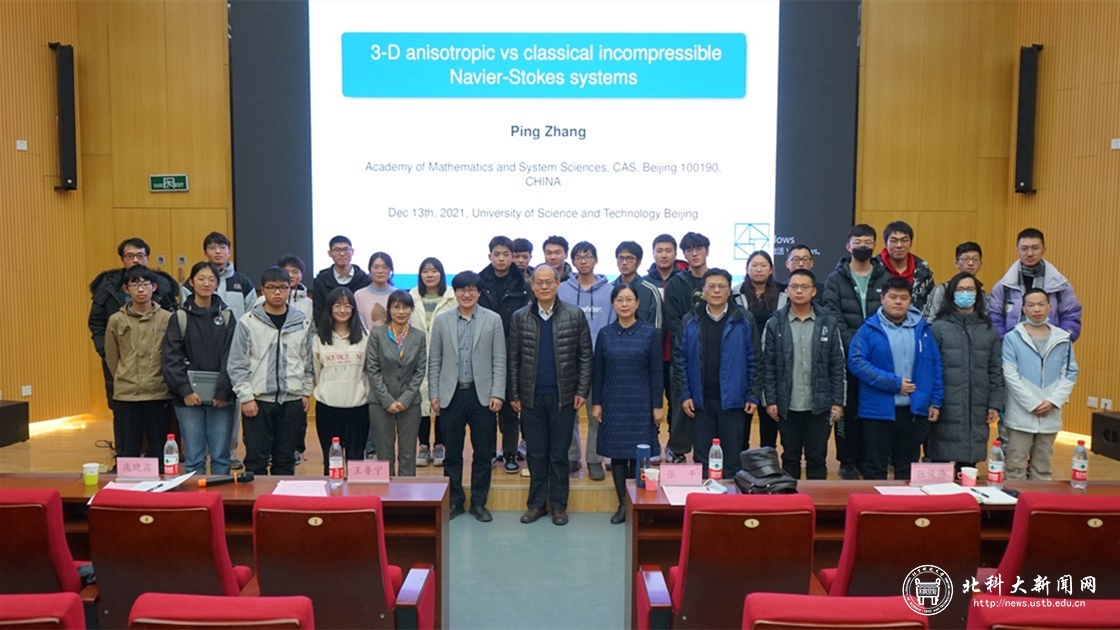News and events from USTB about research, science and technology, social science, art,
faculty and staff, students life and issues happening all around the world.
Topics
Date
Views
On the afternoon of December 13th, invited by the School of Mathematics and Physics, Academician ZHANG Ping, a researcher at the Academy of Mathematics and System Science of the Chinese Academy of Sciences, attended the “Beauty of Science” Forum and gave a lecture entitled "3D Classical vs Anisotropic Navier-Stokes System" at the Academic Conference Hall. Prof. WANG Luning, Vice President of USTB, delivered a welcome speech and the meeting was presided over by Prof. PANG Xiaolu, Dean of the School of Mathematics and Physics.

Before the event, Prof. YANG Renshu, President of USTB and Prof. WANG Luning, Vice President of USTB had a cordial meeting with Prof. ZHANG. On behalf of USTB, Mr. YANG firstly expressed his welcome and gratitude to the arrival of Mr. ZHANG, and then had an in-depth exchange on the construction of USTB’s basic disciplines, the mode of student cultivation and the growth and success of youth.

Prof. ZHANG firstly started from the classical three-dimensional Navier-Stokes equations and led the students and teachers present to review some classical results of the three-dimensional Navier-Stokes canonical solutions, which led to the global fitness of the three-dimensional anisotropic Navier-Stokes system through the above results. In addition, Prof. ZHANG introduced how his team used anisotropic analysis methods for classical Navier-Stokes systems.
During the Q&A session, participating teachers and students actively engaged in this session and Prof. ZHANG patiently answered every question. The students and teachers in attendance had gained a lot from the lecture.

The meeting ended up with a round of applause. The students and teachers attending the meeting said that Prof. ZHANG’s witty and meticulous explanation not only enhanced their understanding of relevant theories, but also broadened their horizons and made them appreciate more of the academic sentiments of scientists.
Draft:Wenjing Huang
Revision:Mingyuan Cheng
Topics
Date
Views